Blog Hop: 3 Must-Have Mindfulness Skills for Success in the New Year
Posted on January 14, 2015 by Debra Burdick
Mindfulness has been getting a lot of positive press lately. And for good reason! Practicing mindfulness has been shown to improve physical and emotional health, brain function, and overall life satisfaction. Many are finding they can actually increase their income when they practice mindfulness skills regularly.
What is mindfulness? According to Jon Kabat-Zinn, mindfulness is simply paying attention to something in a particular way, in the present moment non-judgmentally. We can choose what to pay attention to such as our breath, our surroundings, our thoughts, emotions, and tasks.
How can you get started with mindfulness to help you succeed in the New Year? There are many was to practice mindfulness starting with learning to focus on your breath for a moment all the way to hour long mediation. As with any skill, you need to start where you are and gradually increase your skills and the benefits you gain by practicing and gaining mastery.
Here are 3 mindfulness skills to get you started.
1. Relaxation Breath.
The Relaxation Breath is a breathing technique that is very helpful for instantly de-activating the stress response. It will calm you, ground you and bring you into the present moment.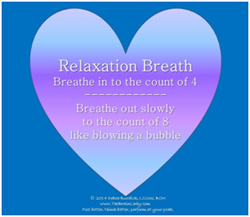
It consists of breathing in through your nose to the count of four and breathing out through your mouth to the count of eight. This activates the parasympathetic nervous system twice as long as the sympathetic nervous system with a net result of calming your physiology and stress response.
Try this simple technique as often as you think of it. Breathe in through your nose to the count of four and out through your mouth to the count of eight. When you exhale, purse your lips and blow gently like you are blowing a big bubble. This will help you slow down the exhale. Don’t worry if your nose is stuffy, just breathe in and out through your mouth instead.
Inhale through your nose: 1-2-3-4
Exhale through your mouth with lips pursed, blowing gently, like blowing a bubble: 1-2-3-4-5-6-7-8
Repeat 3-4 times
Practice this breathing technique often throughout the day. You might choose to take a nice slow breath every time you answer the phone, when you get into the car, when you visit the bathroom, before you eat, and certainly if you are feeling stressed. Pick a few times that work best for you to help you get in the habit of doing one to three deep breaths in through your nose to the count of four and out through your mouth to the count of eight.
2. Setting an Intention
Setting intention is a basic step in any practice. An intention is the goal you wish to achieve from an action. It is your directed attention. In mindfulness, intention refers to what you are choosing to pay attention to. Your intention might be to pay attention to your breath. It might be to pay attention to the task at hand or to your surroundings or to your business goal. Being mindful involves bringing your attention back to your intention over and over again. It helps you stay on task and accomplish your goals.
Decide what your intention is for the New Year. Setting the intention will help you identify what to bring your attention back to over and over again every day throughout the year. The intention may be to focus on breath, a task, your surroundings, sounds, tastes, emotions, your health, a specific business goal, etc.
By choosing what to pay attention to and returning your attention to it over and over, you are training your brain in specific ways that will make it easier to create what you want in your life and business throughout your day, your year, and your life. Once you have set an intention, just notice if what you are doing is in line with your intention. Make it a priority to set an intention to be present. The past is gone and cannot be changed and worrying about the future can result in missing the beauty of the present moment. You will enjoy life more and deepen your experience and satisfaction by practicing being present in each moment of your life.
Remember to:
- Keep awareness of your intention present in mind.
- Notice as soon as you become aware of a thought, feeling, or distraction that is not in line with your intention and shift your attention back to your intention.
- Check in periodically to ensure your thoughts, words, and actions remain consistent with your intention.
- Do this over and over throughout the day and the year.
3. Staying Stress Free
Bring your attention to your surroundings periodically throughout your day. Whether you are working on a business project, shopping, getting the kids off to school, or feeling stressed out or overwhelmed, systematically bring you attention to your physical surroundings to ground and calm yourself and lower you stress response. Doing so feels like pushing the reset button on your stress level.
Here’s how to bring you attention to your surroundings.
- Take 2-3 deep relaxation breaths.
- Look at what is in front of you. Notice what you see. Pay attention to each detail in turn. For example, if you are inside, perhaps you see a wall in front of you. Notice if there are windows, curtains, art work on the wall, a thermostat, electrical outlets.
- Now look to your left and do the same process.
- Then look to the right and repeat the process.
- Look up and notice what you see there.
- Look down and notice everything about the floor or the ground.
- Take a slow breath and notice if there is any odor or fragrance in the air.
- Now sit quietly and notice what sounds you hear.
- Bring your attention to your body.
- Notice how it feels sitting or standing.
Incorporate these three mindfulness skills throughout your day to be less stressed, more present, and more successful.
I would love to hear your personal experiences with this topic.
Categories: ADHD, Articles, Business/Workplace, Mindfulness, Stress, Success
Tags: Mindfulness, reduce stress, stress, stress at work, stress management, Success, success at work, success in business

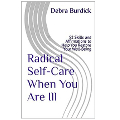
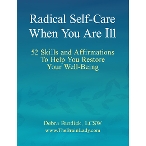
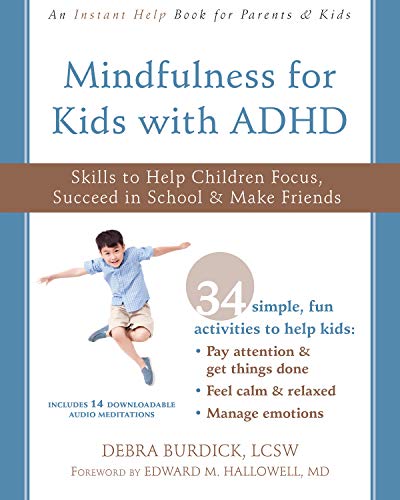
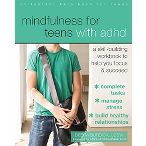
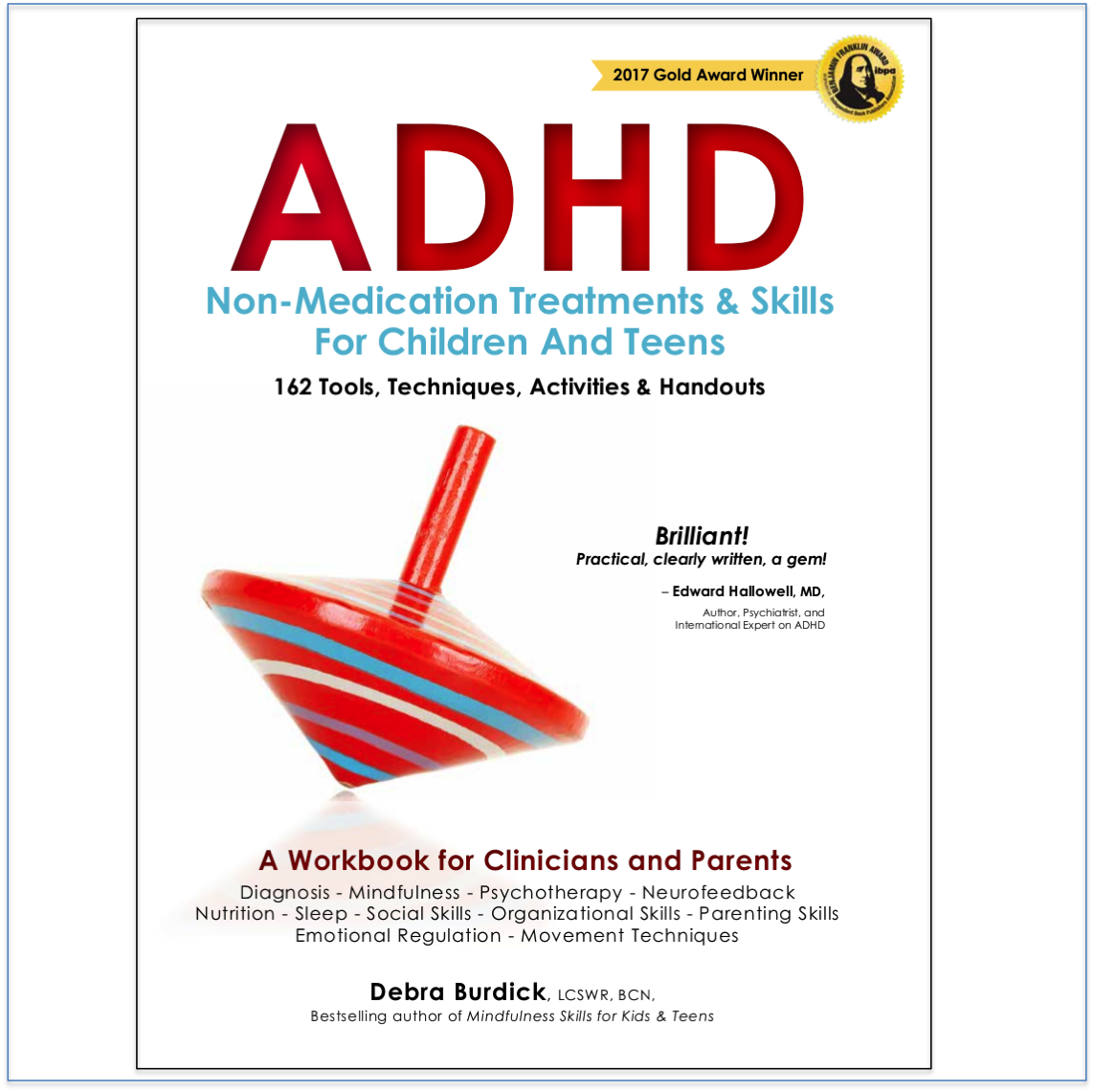
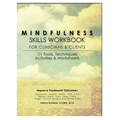
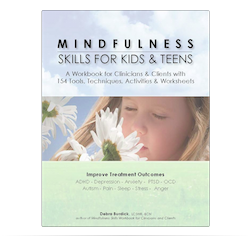
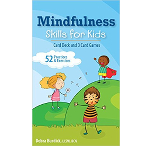
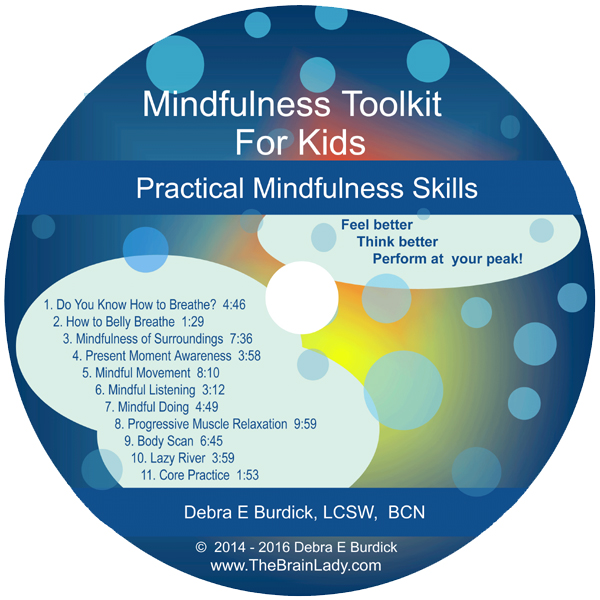
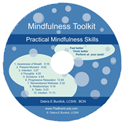
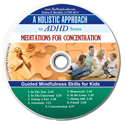
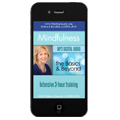
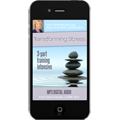
No comments yet. You should be kind and add one!
The comments are closed.